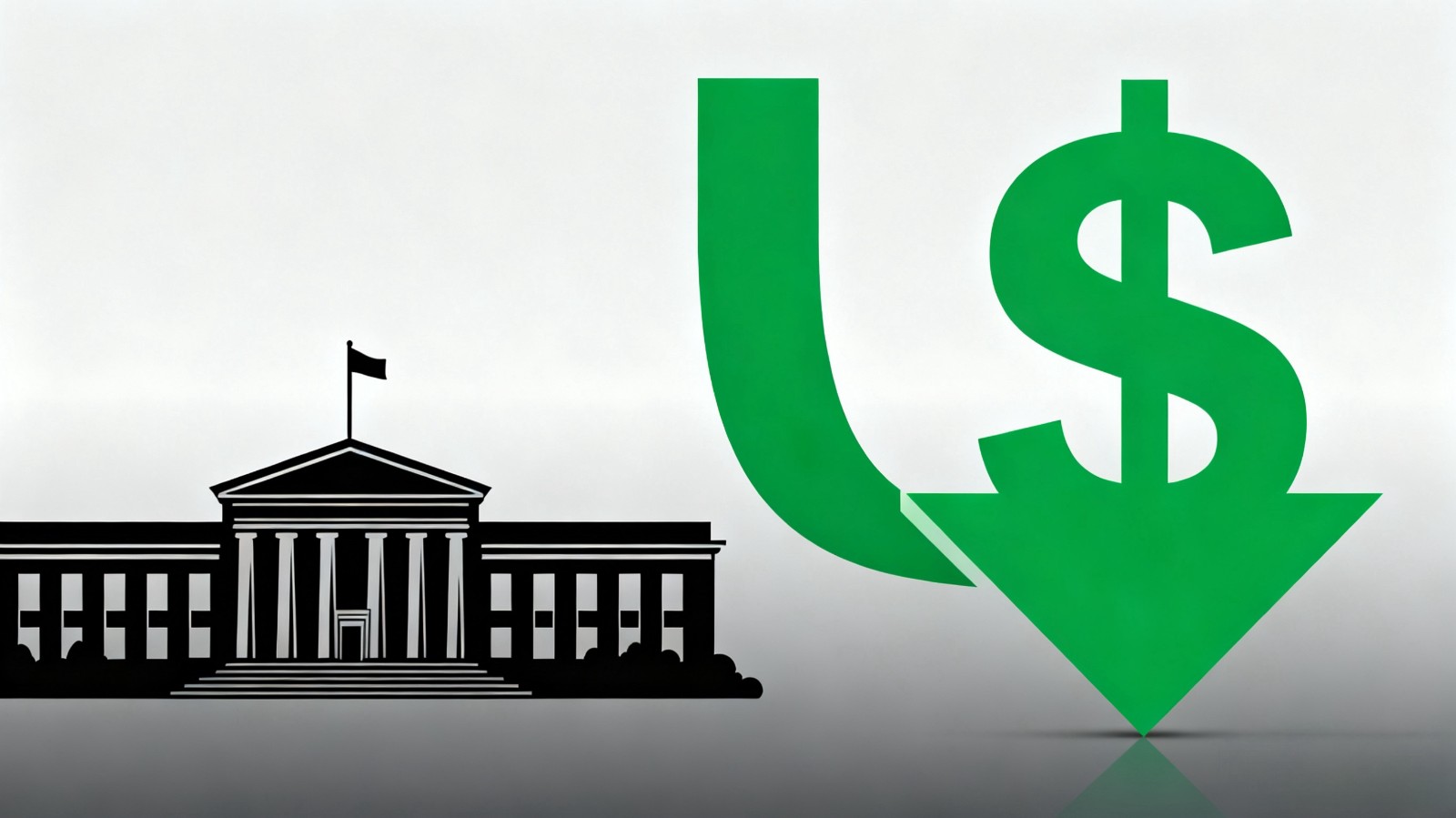
Since October 1st, the US federal government has been in a sustained shutdown. Manulife Investment Management's Multi-Asset Solutions Team shared the market's performance during past US government shutdowns and believes the shutdown should be viewed as a short-term political disruption. The firm stated that investors with diversified portfolios and capital preservation goals should maintain a steady approach, avoiding impulsive decisions due to short-term political events.
Manulife Investment Management indicated that while the US government shutdown may lead to federal employee furloughs and suspension of non-essential services, various market sectors performed differently during these periods. During the 35-day shutdown that began in December 2018—the longest in history—defensive sectors such as utilities, consumer staples, and real estate performed relatively better amid short-term market volatility. During the 16-day shutdown in October 2013, most sectors generally rose without showing a clear trend.
Conversely, during the 21-day shutdown that began in December 1995, sectors such as information technology, consumer discretionary, and materials underperformed, while consumer staples and utilities were among the best-performing sectors. Overall, defensive sectors typically perform slightly better than others, but short-term opportunities arising from shutdowns are often difficult to capture.
It is worth noting that historical US government shutdowns have not significantly negatively impacted the stock market. In every shutdown since 1980, the S&P 500 index performed better one month after the shutdown began compared to its initial level, reflecting that the impact is temporary and relatively mild. Although the 2018 shutdown was accompanied by increased market volatility, it was not significant compared to other major market events.
Shutdowns in other years also did not trigger substantial volatility, as evidenced by the CBOE Volatility Index (VIX). It is important to recognize that shutdowns are usually just one part of a broader market environment, intertwined with multiple macroeconomic and political factors. Although government instability may cause volatility and weaken investor confidence, historical market performance shows that the impact of shutdowns is relatively limited.
Investors should incorporate liquidity needs into their overall financial plans but should not alter asset allocation solely due to potential government shutdowns. In fact, market volatility during government shutdowns provides strategic investors with buying opportunities to capture undervalued or oversold assets. Government shutdowns should be viewed as short-term political disruptions and generally do not affect investors' long-term financial plans.
















